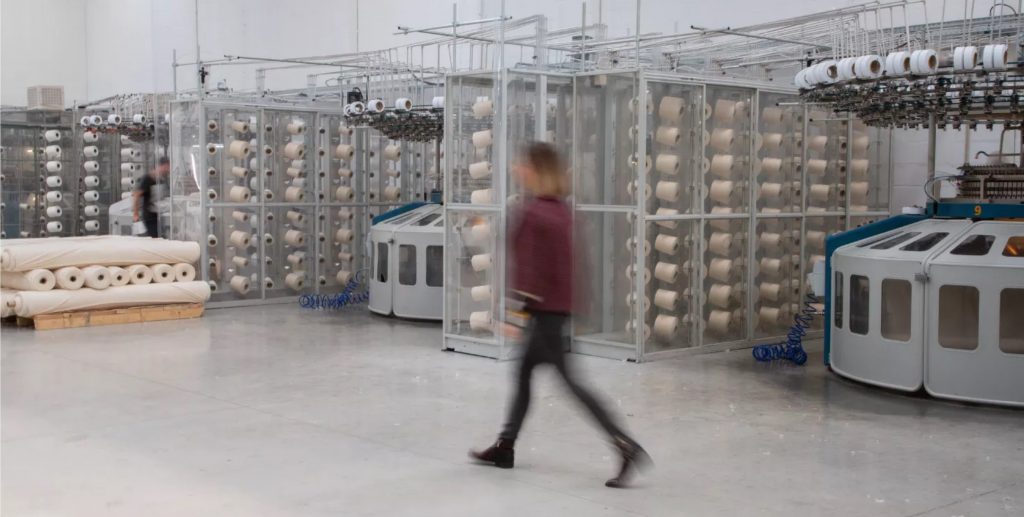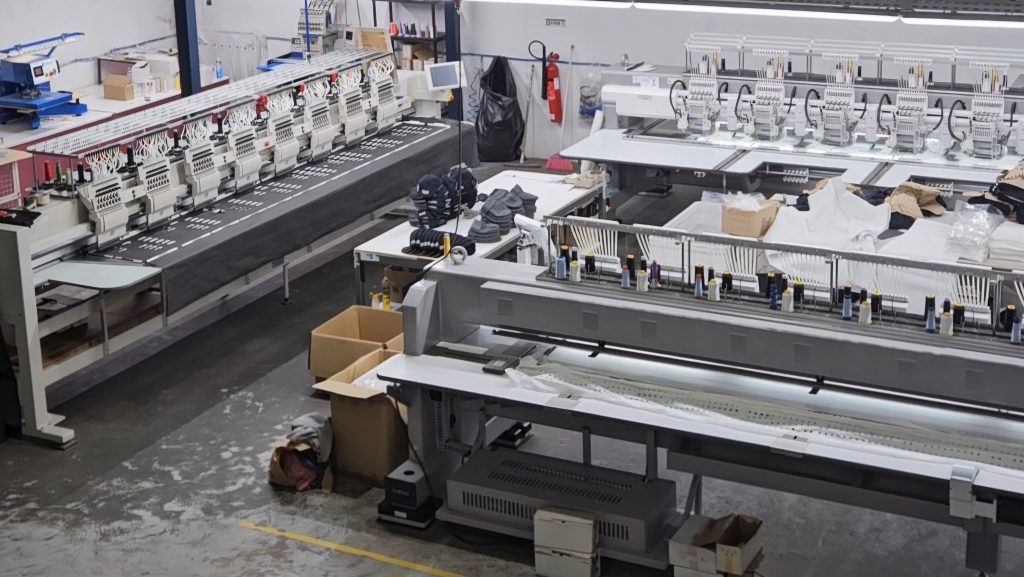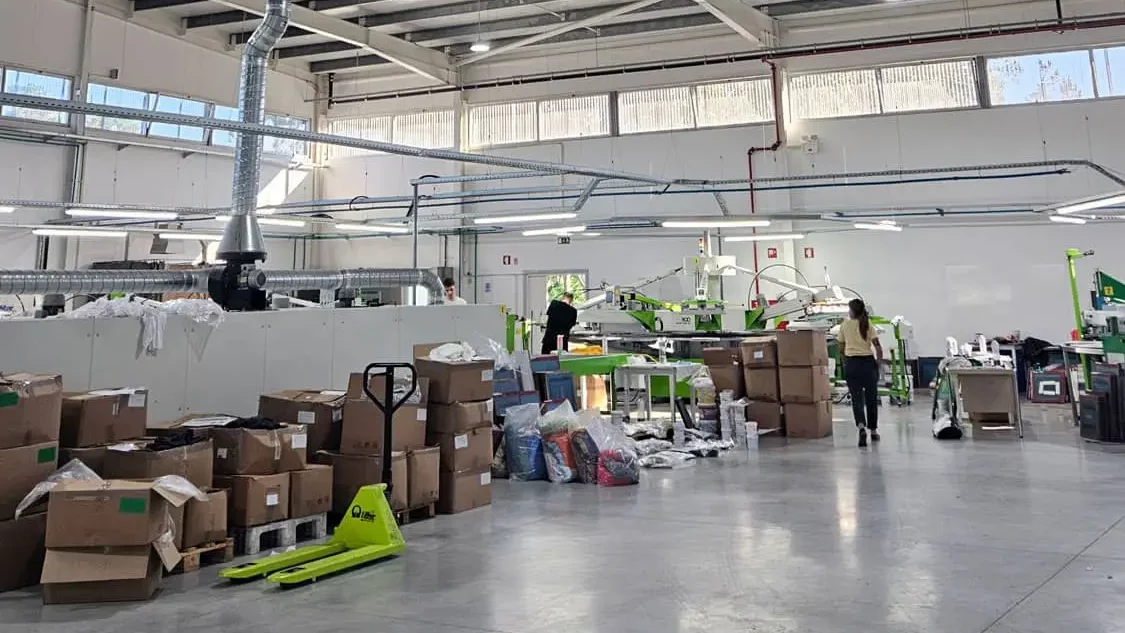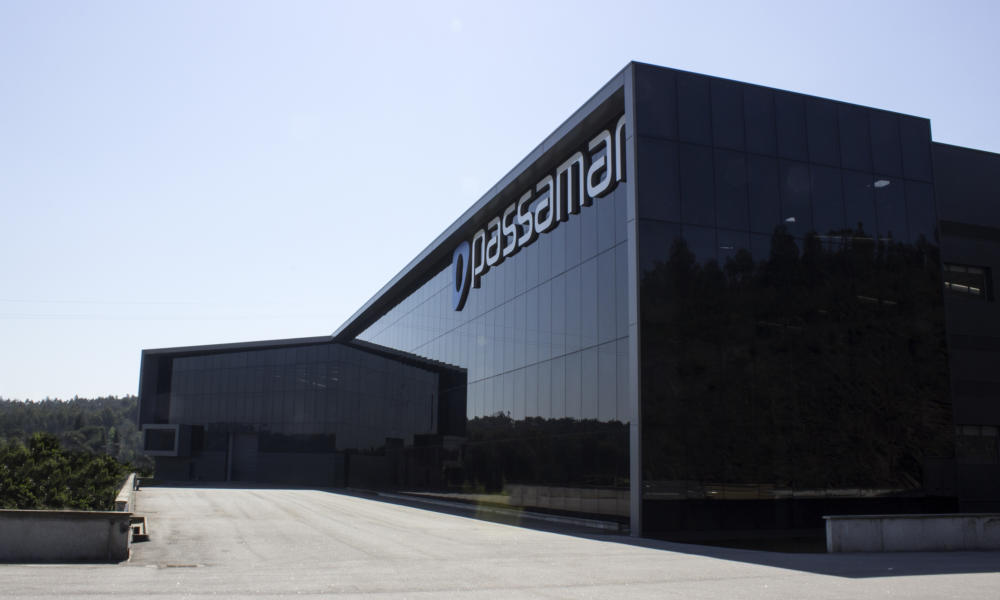MEET OUR SUPPLIERS
We want to make sure that you know who’s behind your clothes and what it takes for each piece to be made. There is a lot of people involved in the manufacturing process of our clothing. So we want to give them the credit they deserve. We don’t expect our suppliers to be perfect. No one is. We expect, however, for them to be open and transparent. To be close partners that we can learn with and grow.



